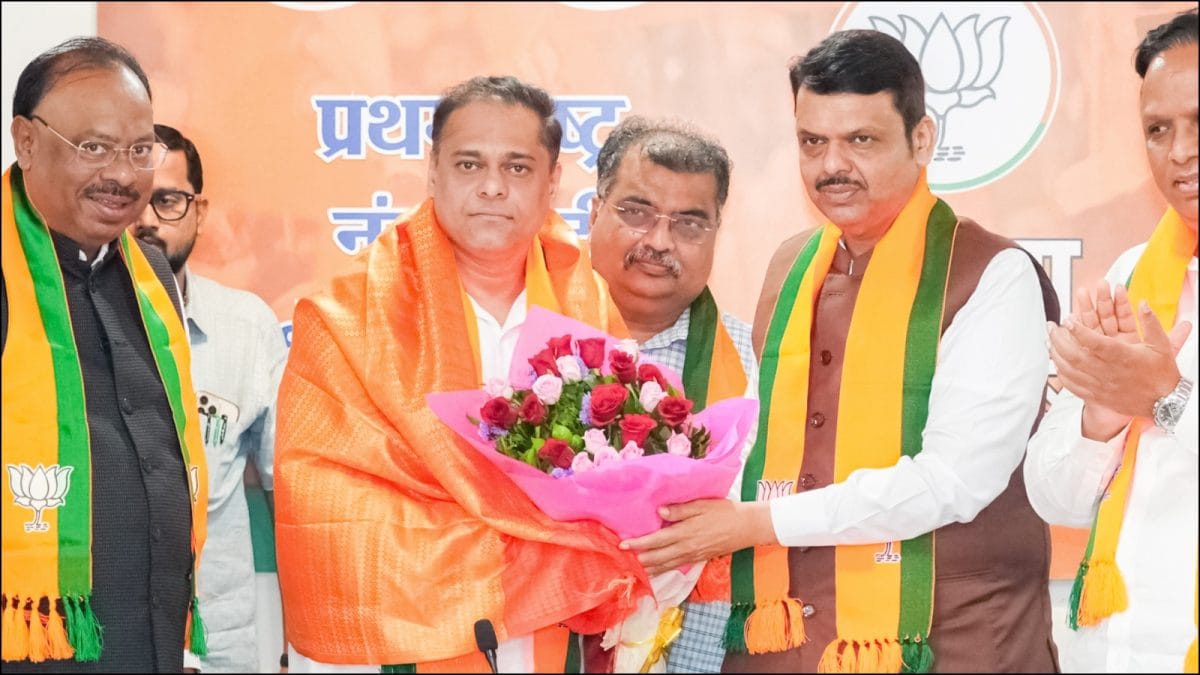The Telangana Government has decided to lift the 50% upper ceiling on the reservations for Scheduled Castes, Scheduled Tribes and Backward Classes in local bodies paving the way for implementation of the 42% reservation assured to Backward Classes in the elections to local bodies.
The State Legislative Assembly has accordingly passed two Bills, the Telangana Municipalities (Third Amendment) Bill, 2025 and the Telangana Panchayat Raj (Third Amendment) Act 2025 on Sunday (August 31, 2025). Interestingly, the Bills have been passed at a time when two Bills and an Ordinance to the same effect has been awaiting assent of the President.

Legislative Affairs Minister D. Sridhar Babu introduced the Municipalities Amendment Bill on behalf of the Chief Minister A. Revanth Reddy and Panchayat Raj Minister Danasari Anasuya Seethakka introduced the Panchayat Raj Amendment Bill in the Assembly. Piloting the Bill, Mr. Sridhar Babu said while the reservation for SC and ST communities was proportionate to their population, reservation for Backward Classes was subject to the condition that total reservation for SC, ST and Backward Classes should not exceed 50%.
The Government conducted the socio, economic, education, employment, political and caste survey to obtain comprehensive scientific data covering all households in the State. The survey was followed by constitution of a dedicated Commission to conduct a contemporaneous and rigorous enquiry into the nature and extent of backwardness among BCs, particularly with reference to their representation in local bodies with a view to determining the proportion of reservation to be provided on a local body wise basis.
Telangana CM A. Revanth Reddy with most criminal cases, 11 other CMs with cases: ADR
The debate during the passage of the Bills saw the Opposition Bharat Rashtra Samithi (BRS) and the Bharatiya Janata Party (BJP) members raising queries about how the Government planned to implement the reservations at a time when the Centre was yet to give its consent to the previous Bills passed by the State Legislature. BRS member G. Kamalakar said the BRS was in support of enhancing reservations for Backward Classes, but advised that the State Government follow methodology on the lines of Tamil Nadu so as to avoid scope for legal hurdles.
He quoted examples of Bihar, Madhya Pradesh and other States where similar Bills could not be passed as they lacked scientific approach. Mr. Sridhar Babu, however, objected to Mr. Kamalakar’s suggestions claiming that the BRS member intended to delay the process by 10 years by asking the Government to follow the Tamil Nadu model.
Election Commission can’t be used to undermine democracy; Revanth Reddy
BJP member Payal Shankar said the BJP was in support of the Bills, but needed certain clarifications as there was no correlation between the words and deeds of the Congress Government since it took over the reins 20 months ago. The Government promised budgetary allocation of ₹1 lakh crore for Backward Classes in five years at ₹20,000 crore each year, but no step had been initiated so far in that direction.
“Moreover, the corporations representing Backward Classes are starving for funds while no BC official is appointed for any of the top posts,” he said. Mr. Sridhar Babu however asked the members to confine to the subject without deviations asking Mr. Payal Shankar to mount pressure on the BJP Government at the Centre if the party was really committed to enhancement of reservations for Backward Classes.




.png)
.png)
.png)
















 17 hours ago
3
17 hours ago
3








 English (US) ·
English (US) ·